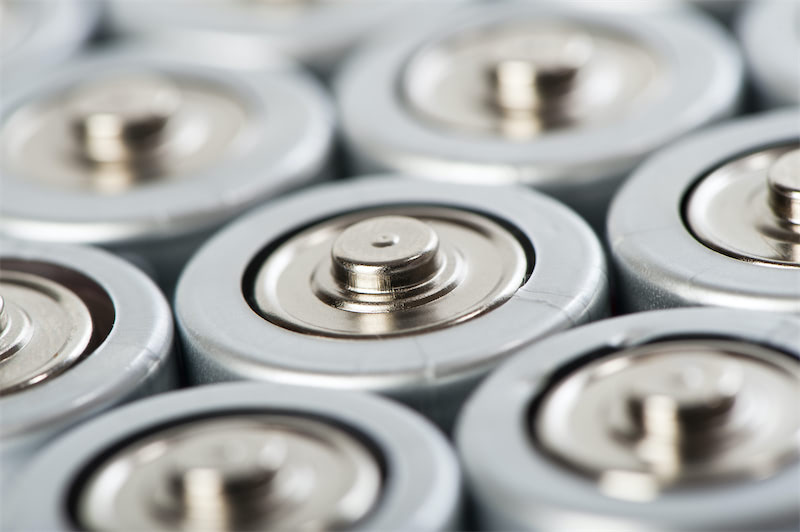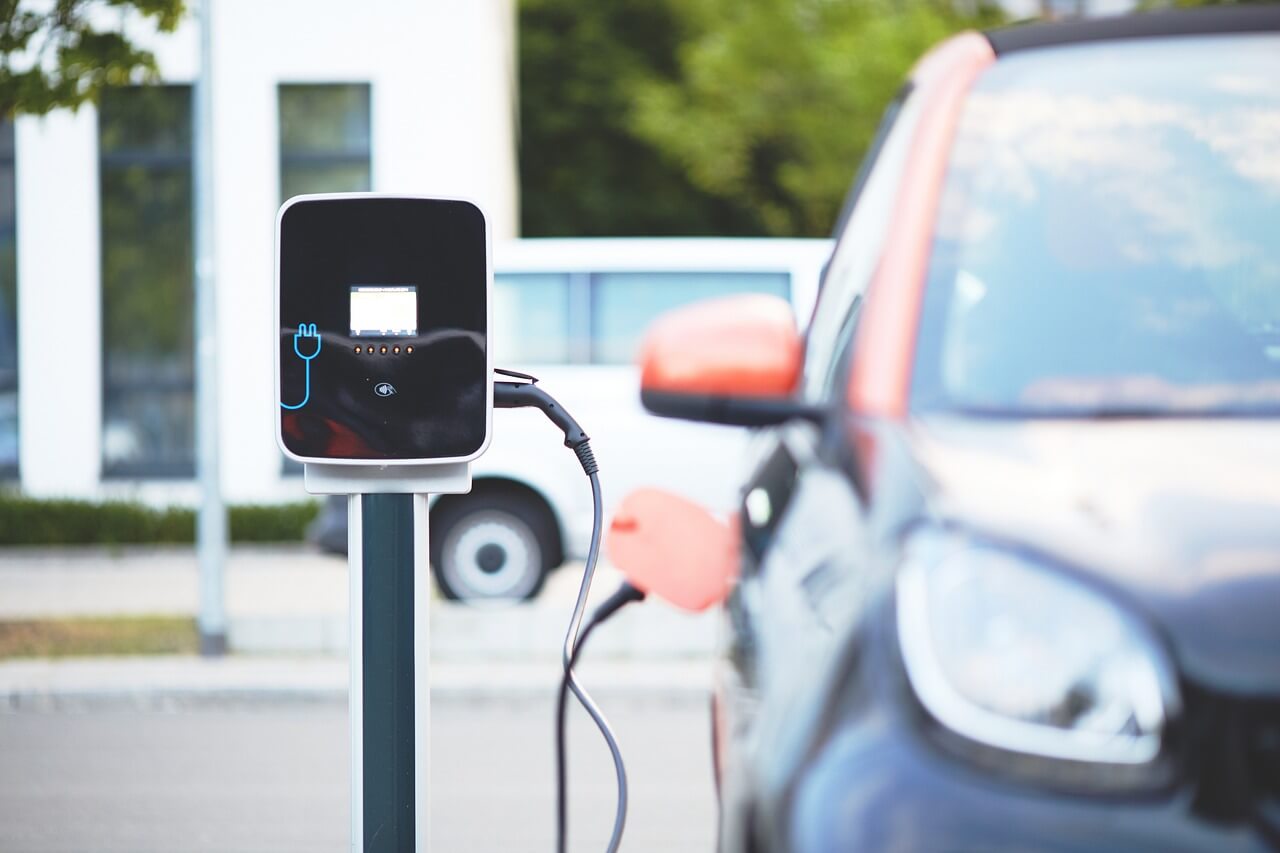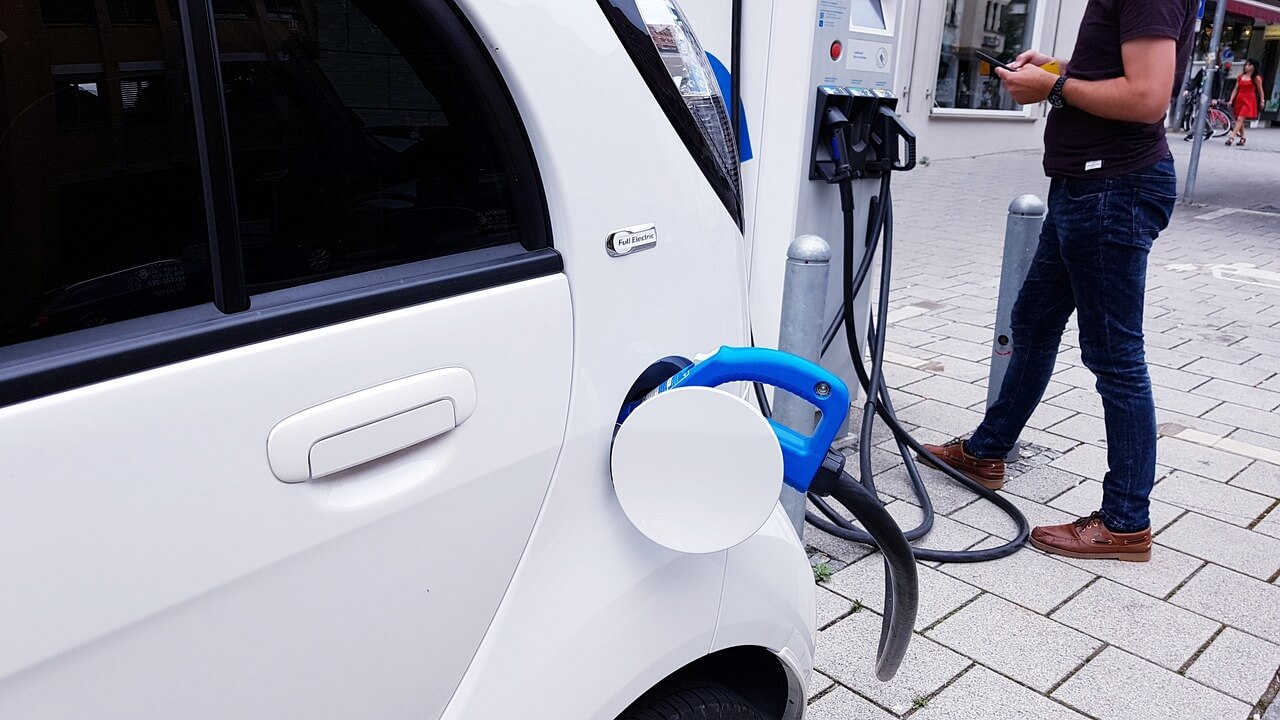SHANGHAI, Mar 3 (SMM) – Downstream demand for cobalt and lithium products was subdued under the impact of coronavirus (COVID-19) outbreak with consumers showing limited procurement willingness for the short term, showed a SMM survey as of February 28. The resumption of upstream production and transportation will ease the structural supply tightness and see cobalt and lithium prices pulling back to normal levels in the near term.
Prices of cobalt retreated in the second half of last week. Quotes in the lithium market were at high levels but trades remained muted, with the rigid demand from downstream buyers determining the trade activities. The COVID-19 development in Japan and South Korea will be closely monitored in the short term as an escalation in the outbreak in the first quarter will impact China’s export of battery materials and lithium salts.
Production and sales of automobiles in China could drop to all-time low levels in February as the COVID-19 outbreak took a hit on the production front and end-user demand. Automakers have restarted operations successively in the recent weeks, and more stimulus measures are expected from local governments in the coming months for boosting consumption of new energy vehicles as the Ministry of Commerce encouraged the development of NEV market.
More battery producers resumed operations last week, with the operating rates at large-scale plants rising to 60%. But the average operating rate of the battery sector stood only at 30-40% as some medium-scale and small mills remained closed. With the resumption of logistics and the return of workers, downstream production and its demand for upstream raw materials are expected to normalise in the first half of March.
In the week ended February 28, prices of refined cobalt held flat from the previous week at 275,000-280,000 yuan/mt, with prices of cobalt hydroxide stabilising at $9.6-10.4/lb, SMM assessed.
Continued increase in prices of overseas cobalt widened its price spread with Chinese products. After major producers held cargoes back from the market and buoyed offers in the previous weeks, further upside room in domestic cobalt prices was limited given the slow resumption of downstream demand.
More deliveries of cobalt hydroxide arrived at Chinese plants on the recovery of logistics. Purchases from downstream consumers were sluggish despite bullish prospects for prices in the overseas market.
SMM assessed the average prices of cobalt sulphate remained unchanged at 56,000-59,000 yuan/mt last week while prices of cobalt chloride at 67,000-70,000 yuan/mt, up 500 yuan/mt from a week ago. Prices of battery-grade nickel sulphate were also flat at 24,500-25,000 yuan/mt.
Major producers of cathode materials purchased cobalt chloride at higher prices set in long-term contracts. Imports of raw materials and cargo shipments have basically normalised, which eased supply tightness of cobalt salts and stemmed the price rally of cobalt sulphate. The operating rates of cobalt salts producers will likely to ramp up this week.
According to SMM assessments, prices of cobalt (II, III) oxide barely changed on the week at 205,000-215,000 yuan/mt, on the back of subdued demand from downstream lithium cobalt oxide (LCO) plants.
SMM assessed prices of ternary precursor NCM523 at 86,000-89,000 yuan/mt and prices of NCM622 at 88,000-92,000 yuan/mt for the week ended February 28, both flat from the prior week.
Stable prices of feedstock cobalt salts kept prices of ternary precursor unchanged. Supply of raw materials has recovered after weeks of disruption on coronavirus impact. Feedstock prices are expected to retreat in the coming weeks due to supply resumption, which will weigh on offers of ternary precursor this week. SMM expects traded prices of precursor to return to normal levels after downstream consumers step up purchases in the second half of March.
SMM assessed prices of both battery- and industrial- grade lithium carbonate flat on the week, standing at 47,500-50,500 yuan/mt and 37,000-40,500 yuan/mt, respectively.
Some producers of lithium carbonate in Jiangxi and Sichuan restarted operations last week, but the overall operating rates for lithium salts producers in February remained badly hit by the virus. Low inventories of industrial-grade lithium carbonate at Jiangxi producers, together with an increase in logistics charges, slightly drove up the purchasing prices of lithium carbonate by some downstream lithium manganese oxide (LMO) plants who are in urgent need of lithium salts. Shipments of lithium salts have recovered with the resumption of production and logistics services in areas other than Hubei provinces. Downstream producers kept their operating rates at low levels, which led to thin trades even as enquiries increased. Downstream consumers barely accepted higher offers of lithium carbonate.
SMM assessed prices of battery-grade lithium hydroxide (coarse particle) also unchanged on the week at 52,000-58,000 yuan/mt.
Producers across the chain take an optimistic outlook for battery-grade lithium hydroxide prices this year, SMM learned. Some producers of lithium hydroxide were unwilling to sell at lower prices last week.
Prices of LCO, which is used to produce 4.35V batteries, remained unchanged on the week at 205,000-225,000 yuan/mt.
Prices of ternary material NCM523 and NCM622 stabilised at 127,000-139,000 yuan/mt and 145,000-153,000 yuan/mt, respectively, SMM assessed.
Producers of ternary materials failed to lift prices last week given greater bargaining power of downstream battery mills, who maintained operations at low rates. Most ternary materials plants continued to fulfill pre-holiday orders.
SMM assessments showed that prices of LFP used in power batteries flat on the week at 39,000-42,500 yuan/mt.
LFP producers did not receive new orders from downstream battery plants, as most battery makers kept their operating rates below 50%. High costs of ferro-phosphorus are likely to support LFP prices this month.
Prices of lithium manganese oxide (LMO) used in high-energy-density lithium-ion batteries and prices of LMO used in power batteries remained unchanged on the week, at 22,000-31,000 yuan/mt and 34,500-36,500 yuan/mt, respectively.
Slight increase in lithium salt prices failed to lift prices of LMO as downstream purchases have not fully recovered. New orders from battery mills were limited and a revival in post-holiday consumption could be delayed by a month compared to the previous years.



